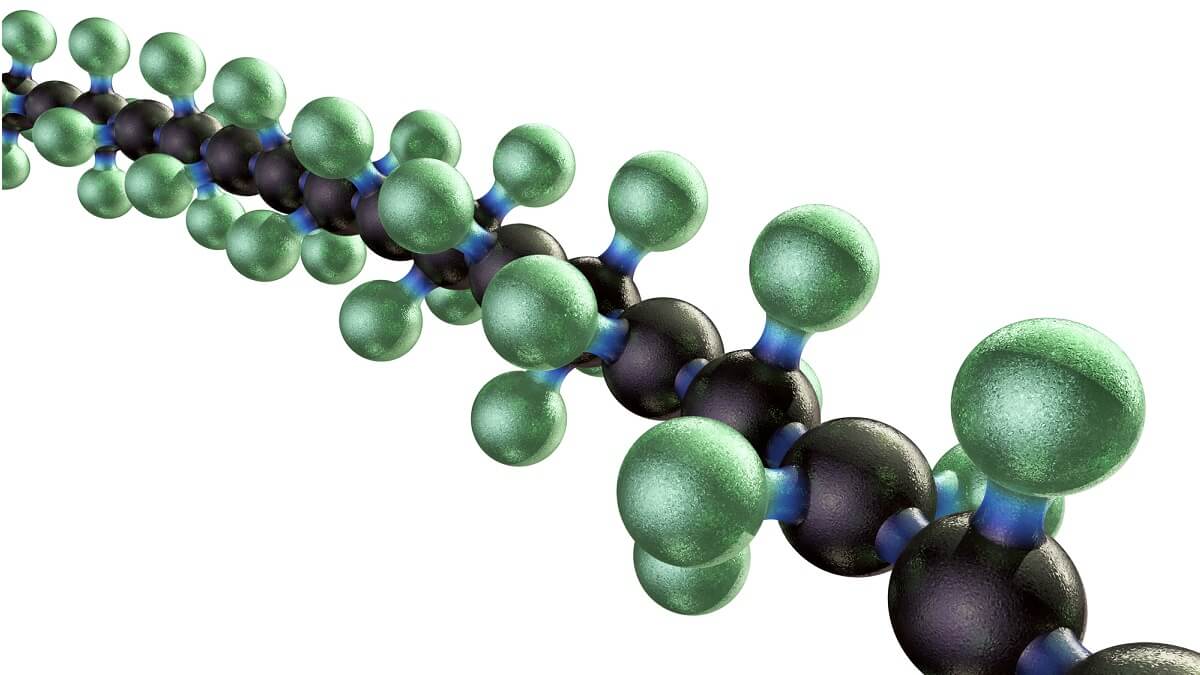Customized Polymers: Customized Solutions for Special Applications
Making Best Use Of the Potential of Polymers: Discover the Multifaceted Benefits and Practical Utilizes
The complex benefits and sensible usages of polymers continue to advance, providing ingenious remedies to complicated difficulties. By checking out just how polymers can improve item durability, drive sustainability efforts, reinvent healthcare options, and lead the way for future technical developments, we can reveal a globe of possibilities waiting to be utilized.
Relevance of Polymers in Modern Industries
Polymers play a critical role in modern-day industries, serving as flexible materials that drive technology and performance across a variety of sectors. These complicated particles, made up of duplicated subunits, have actually transformed industries such as auto, aerospace, electronic devices, medical care, and much more. In the automotive sector, polymers have allowed the growth of light-weight yet resilient elements, enhancing gas performance and total performance. Aerospace markets rely on polymers for their high strength-to-weight proportion, essential for airplane and spacecraft construction. The electronics industry gain from the shielding residential or commercial properties of polymers, important for producing circuit card and digital tools (Polymers). Furthermore, polymers are thoroughly utilized in the health care industry for medication delivery systems, medical tools, and biocompatible products. Their adaptability, longevity, and cost-effectiveness make polymers indispensable in contemporary manufacturing processes, fostering advancements and driving progression in numerous industries worldwide. Accepting the potential of polymers is crucial to unlocking additional technologies and resolving the developing demands of today's commercial landscape.
Enhancing Product Durability With Polymers
With a concentrate on longevity and durability, integrating sophisticated polymer modern technologies into item style has actually become a cornerstone of boosting sturdiness in modern manufacturing procedures. Polymers supply a vast array of residential or commercial properties that contribute to the total resilience of products. One key benefit is their resistance to corrosion, chemicals, and weathering, making them optimal for usage in different industries where exposure to rough problems prevails.
In addition, polymers can be customized to fulfill certain sturdiness demands, permitting producers to tailor items according to their intended usage and expected life-span. By integrating polymers right into item components, makers can enhance strength and impact resistance, reducing the probability of damage or use gradually.
In addition, polymers are light-weight yet strong, offering sturdiness without including unneeded weight to items. This characteristic is particularly useful in industries such as aerospace and automotive, where lightweight materials are essential for boosting fuel efficiency and overall performance.
Sustainability Advancements With Polymer Innovation
In the realm of modern-day manufacturing and item design, the innovative application of polymers is driving considerable developments in sustainability methods. Polymer advancement plays an essential duty in enhancing sustainability by using services Homepage that minimize ecological impact throughout various markets. One essential facet where polymers excel remains in allowing the development of lightweight yet sturdy products that contribute to fuel performance in transportation and minimize total energy usage. Additionally, the recyclability and biodegradability of certain polymers better advertise sustainable techniques by lessening waste and air pollution.
Furthermore, innovations in polymer modern technology have led to the production of bio-based and sustainable polymers, acquired from natural resources such as plants, that use a more sustainable choice to standard petroleum-based plastics. These green polymers not only help in reducing reliance on fossil fuels yet also lower greenhouse gas exhausts during manufacturing. By integrating these innovative polymers into producing processes, companies can minimize their ecological footprint and relocate in the direction of even more sustainable techniques, lining up with global efforts to combat environment modification and promote a circular economy.
Polymers in Health Care: Revolutionizing Medical Solutions

One of the key locations where polymers are making substantial strides remains in the growth of targeted medication shipment systems. By enveloping medications within polymeric nanoparticles or micelles, scientists can boost medicine security, boost bioavailability, and make it possible for controlled release, causing more effective treatment programs with decreased side results.
In addition, polymers useful link contribute in the area of regenerative medication, where they are made use of to create scaffolds that simulate the extracellular matrix, giving support for cell development and tissue regeneration. This innovation holds tremendous guarantee for fixing damaged body organs, advertising wound recovery, and progressing tailored medicine techniques.
Essentially, the combination of polymers in medical care is driving development, improving therapy effectiveness, and eventually boosting person results in methods previously believed unattainable.
Future Applications and Advancements in Polymer Innovation
Advancing at the leading edge of clinical exploration, polymer technology continues to lead the way for groundbreaking applications and advancements forming varied industries. Furthermore, polymer nanocomposites are boosting the mechanical and thermal buildings of products, leading to stronger and lighter elements in aerospace and automobile industries. Looking ahead, researchers are exploring the potential of shape-memory polymers for applications in robotics and biomedical devices, where materials that can "keep in mind" and revert to their original shapes offer amazing opportunities for technology.
Conclusion
